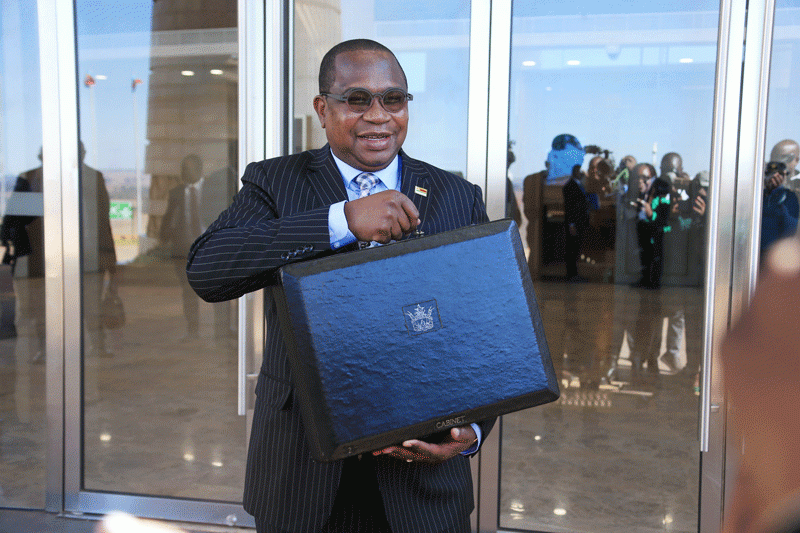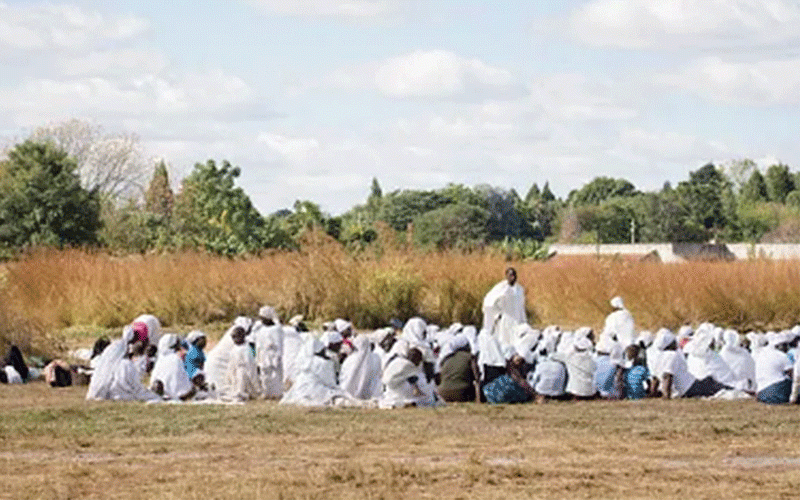
THE 2025 Mid-Term Budget and Economic Review presented by Finance, Economic Development and Investment Promotion minister Mthuli Ncube provides a comprehensive snapshot of Zimbabwe’s economic landscape, framed under the theme Building Resilience for Sustained Economic Transformation.
This document, rich with detailed data and projections, reveals significant strides made by Zimbabwe’s government in stimulating economic growth amid complex global and domestic challenges. However, it also exposes persistent gaps and critical areas requiring urgent attention.
One of the most notable improvements highlighted in the review is the robust agricultural recovery, which is central to Zimbabwe’s economy.
The projected growth of at least 21,1% in agriculture for 2025, driven by a favourable La Niña weather phenomenon and a remarkable 290% increase in food crop production compared to the previous season, signals a rebound from past climatic setbacks.
This surge in agricultural output has multifaceted implications: it not only bolsters food security but also stimulates agro-processing industries, which the manufacturing sector critically depends upon.
The Grain Marketing Board (GMB)'s strategic expansion of grain silo capacity, incorporating AI-powered smart silos, is a forward-looking initiative aimed at reducing post-harvest losses and improving grain quality, thereby protecting farmer incomes. These developments show a clear commitment to strengthening Zimbabwe’s agricultural infrastructure and supply chain resilience.
Moreover, the mining sector, despite facing international commodity price volatility, has demonstrated resilience, notably with gold production expected to increase by 13% to 43 000kg, propelled by rising global gold prices. This is a crucial development considering that gold exports surged by 93% in the first five months of 2025, contributing significantly to foreign currency inflows. Government’s efforts to diversify the mining portfolio, with ongoing projects in lithium and PGMs, although currently challenged by price declines, reflect an understanding of the sector’s transformative potential.
However, gaps and challenges remain pronounced. The review draws attention to the persistent fiscal pressures resulting from the withdrawal of development partner support, which was not anticipated during the budget formulation stage.
- Police, soldiers to raid maize hoarders
- Deputy minister in GMB theft scandal
- Private sector makes inroads into wheat production
- Police, soldiers to raid maize hoarders
Keep Reading
This shortfall has necessitated realignment and exploration of innovative financing mechanisms, underscoring the vulnerability of Zimbabwe’s fiscal framework to external shocks and aid dependency.
The public debt stock at US$21,5 billion, with arrears amounting to 36% of total debt, poses liquidity challenges that restrict access to concessional financing, a scenario that demands urgent resolution to restore debt sustainability.
Although Zimbabwe is not technically over-indebted, the accumulation of arrears since 2000 remains a structural barrier to economic stability.
Another critical issue is the underperformance of key sectors such as tourism and manufacturing.
Tourism, which had hoped to rebound to pre-COVID-19 levels, saw a 9% decline in international arrivals and a 16% drop in receipts in early 2025.
This decline is a setback for an industry with significant potential to generate foreign exchange and employment. Manufacturing growth projections were revised down from 3,1% to 2,4%, hindered by energy shortages, regulatory hurdles and liquidity constraints. These sectors’ underperformance highlights the pressing need for enhanced policy support and infrastructure improvements.
The review also indicates that, despite some achievements, budget execution has lagged, with only 35% of the approved budget spent by mid-2025 and significant variances across ministries.
For instance, critical sectors like health and education received below-target disbursements, which could affect service delivery and social outcomes. The high proportion of expenditures on compensation of employees (46,3%) also raises questions about fiscal sustainability and the balance between recurrent and capital spending.
It is thus clear that Zimbabwe faces a complex matrix of challenges that require strategic reforms and adaptive policies.
The government’s emphasis on “living within our means” and ensuring expenditures are contingent on revenue performance is prudent, but must be complemented by aggressive measures to broaden the tax base and enhance domestic revenue mobilisation.
The planned Medium-Term Revenue Strategy, aiming for a revenue-to-GDP ratio between 22% and 25% by 2030, is ambitious yet necessary, especially given the current ratio of 14,3%.
Emulating successful strategies from other African nations, such as Rwanda’s digital tax administration and Kenya’s broadening of VAT coverage, could provide very good lessons in enhancing tax compliance and reducing leakages.
Additionally, addressing debt arrears through transparent and structured dialogue platforms aligns with best practices observed in countries like Ethiopia and Ghana, which have negotiated debt relief while implementing credible fiscal reforms.
Zimbabwe’s ongoing discussions with IMF for a Staff Monitored Programme are a step in the direction, but require steadfast political commitment and institutional capacity to translate agreements to tangible outcomes.
On the sectoral front, energy remains a critical bottleneck. It is lost on me why energy is not being prioritised as it should, given its role as the backbone of critical sectors like manufacturing.
Yet, Zimbabwe endures crippling load shedding of 16 hours or more per day, stifling productivity and economic growth. While the completion of Hwange Thermal Power Station units 7 and 8 and the expansion of captive solar power capacity are commendable, the country’s reliance on weather-dependent hydropower and aging infrastructure necessitates accelerated diversification of energy sources.
Governments in countries with similar challenges, such as South Africa’s Integrated Resource Plan and Kenya’s investment in geothermal and wind energy, offer blueprints for Zimbabwe to enhance energy security and support industrial growth.
The digital economy initiatives, including the Smart Government Private Cloud and the National Technology Park, hold promise for modernizing public services and fostering innovation.
However, their success depends on sustained investment, regulatory clarity and capacity building. Expanding digital literacy and infrastructure, particularly in rural areas, will be crucial to avoid exacerbating inequalities.
The 2025 Mid-Term Budget and Economic Review reflects Zimbabwe navigating a precarious economic trajectory.
The government has made significant progress in agriculture, mining and fiscal discipline, but persistent external vulnerabilities, sectoral underperformance and fiscal execution gaps temper optimism. A holistic approach integrating fiscal reforms, debt management, infrastructure development and innovation is imperative.
Borrowing from regional examples and global best practices, Zimbabwe can chart a resilient path towards sustained economic transformation, but this will require robust governance, inclusive stakeholder engagement and unwavering policy consistency.
As Ncube aptly notes, “Building Resilience for Sustained Economic Transformation” is not just a theme; rather, it is a mandate that Zimbabwe must fulfil with foresight and resolve.
- Lawrence Makamanzi is an independent researcher and analyst, passionately sharing his insights in a personal capacity. He is reachable at blmakamanzi@gmail.com or 0784318605.










